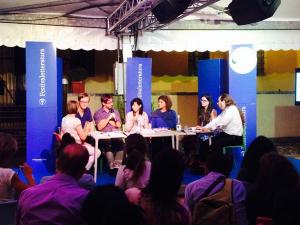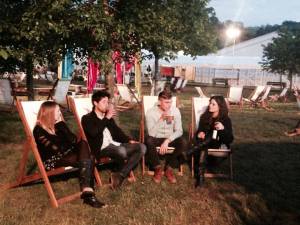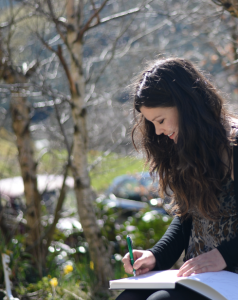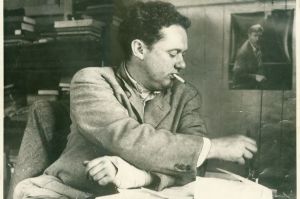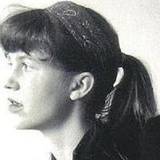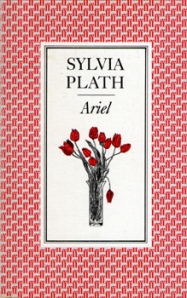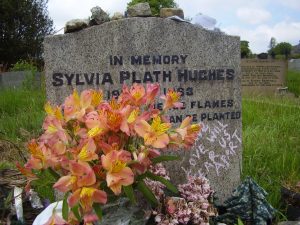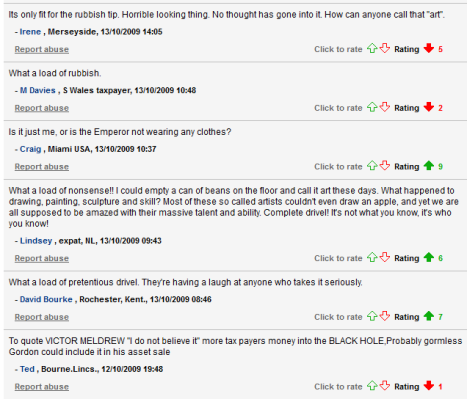I’m not even sure how to start this blog-post which is symptomatic of much at the moment. I’ve been trying to evaluate my response to the Paris Attacks and I have to admit that I’m finding it really difficult.
I was once called ‘the poet of aftermaths’ at a reading and agreed that the label fitted. All of my responses to world events, be they natural disasters (the Japanese tsunami) or man-made (the coalition invading Iraq), have been written down as a sort of exorcism, an emotional bonfire. It’s always been the easiest way for me to understand my own bearing towards an event or situation, and therefore has the added benefit of acting as self-therapy. So it’s become something of a reflex of mine to diarise events via the medium of poetry, to turn things inside out and turn them over to metaphor in a bid to get closer to them, understand them more.
Post-Paris however, I just can’t find the words. I’m so fatigued by the same roll-call of emotions playing themselves out to inevitable ends once again. I need to be clear here and define that the problem isn’t that I feel too little, it’s more that it is just too much. We are all feeling too much and I see that many of us are experiencing this same blur of anxiety over where things are going and over the lives lost already. We know that bombs will not solve this problem, but it’s hard to see how dialogue will at this juncture too. In light of this circular, philosophical checkmate any thoughts are short-circuited by the impossibility of it all.
Despite that lack of clarity, I’ve had several strong impulses that I’m sure are married to these events and those that have preceded them. I want to invest myself in ‘bigger picture’ movements more than argue the toss over what exactly David Cameron should ‘do’, or debate the best way forward with foreign policy, etc. I’m tired. I’m tired of all of the debates, the lack of lessons learned. We have marched on parliament, we have filled column inches and shared hashtags like nobody’s business. But still it goes on and we do it all again.
I’ve been reading a lot of Naomi Klein over the past few years and am convinced by her polemic that a) the world is a mess because of aggressive neo-liberalism and that b) we are destroying the world by being ever more disconnected from it. I’m not going to discuss either point in detail because I think most people are familiar with those tenets and if not, Klein’s books The Shock Doctrine and This Changes Everything are available near enough everywhere. I think that part of the way forward is to solve problems a and b by simply stepping away and refusing to play the game any more. Clearly, that’s difficult for most people to do because it’s (very) hard to be self-sufficient. But that’s my human impulse, divorced as it might be from practicalities. I’ve got an urge to relocate to some remote spot in the Scottish Highlands or suchlike, and eke out an existence that is simpler. A life in which neighbours are shown compassion, in which the production of seeds and art are prioritised over the need to make money. A life devoid of Facebook, chemicals, the news-cycle, the endless howl of angst. I’m starting to think about how this might be possible despite the obstacles (largely of a financial nature, *irony*). I’ve started by culling Facebook and by reading books on agriculture. You might think that what I suggest is miles away from the initial topic of this post. But it isn’t, it’s about finding a new way forward because the current way is simply not working. Karl Ove Knausgaard wrote last year that ‘if we all run naked in the streets at the same time, the police won’t be able to stop us’, and it’s kind of like that. If we all decide to love each other, then they can’t stop us. I know that some would say ‘ha! Well good luck with convincing the terrorists!’ But I’m not trying to, i’m convincing myself and myself alone. Because I have to.
In two weeks time, I will be burying a child, a relative of mine who stopped breathing because not everyone is built to last. My thoughts about her are tied into my thoughts about Paris and I think that those of us that survive have a duty to do something positive with this stupid mixed up ball rolling its way around the galaxy. Too many people have died, too many people are in pain, too many people have just gone mad with anger and the internal howl continues to rise and disperse nowhere. Let’s garner this energy, the anti-matter of grief to begin to heal and thaw the dark. My own personal solution is one thing and it is for me, your response may be different. But we are all of us people, when you strip it all away.
‘They tried to bury us.
They did not know that we were seeds.’
(Dinos Christianopoulos)

